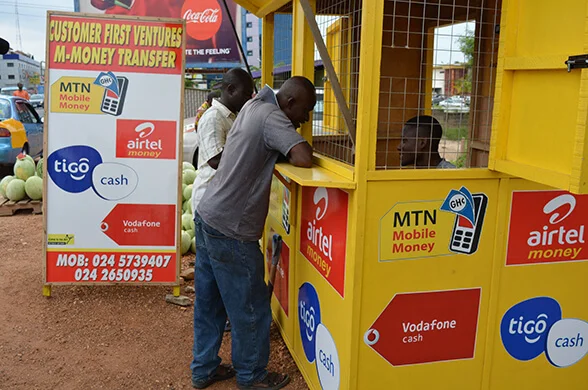Starting in May, salaries and other payments received via mobile money platforms in Ghana will be subject to the newly passed Electronic Transfer Levy (E-Levy).
According to Isaac Kobina Amoako, a principal revenue officer at the Ghana Revenue Authority (GRA), transfers from bank accounts to mobile money accounts will attract a 1.5% charge. The law does not differentiate between corporate and individual mobile money accounts.
“For banks, disbursements from corporate accounts were exempt. But with MoMo, there was no distinction between corporate and individual accounts,” Amoako explained in an interview with Joy FM.
He added that the levy will also affect loan disbursements and other banking-related transactions.
GRA Raises Concerns
Amoako acknowledged the challenges posed by the levy, noting that the GRA will forward concerns to the Finance Ministry in hopes of adjustments.
Public Backlash and Protests
Since its announcement last year, the E-Levy has faced widespread criticism. The proposal sparked heated debates in parliament, even leading to a brawl among MPs.
The levy has also triggered street demonstrations and online protests, with many Ghanaian celebrities voicing opposition.
Government Defends Levy
Despite the backlash, President Nana Akufo-Addo insists the E-Levy is crucial for raising revenue to support Ghana’s rapid development.
However, former Finance Minister Seth Terkper has warned that the tax could cripple Ghana’s growing digital economy.
Impact on Mobile Money Usage
Even before implementation, reports indicate a decline in mobile money transactions, as users prepare for the new charges.






